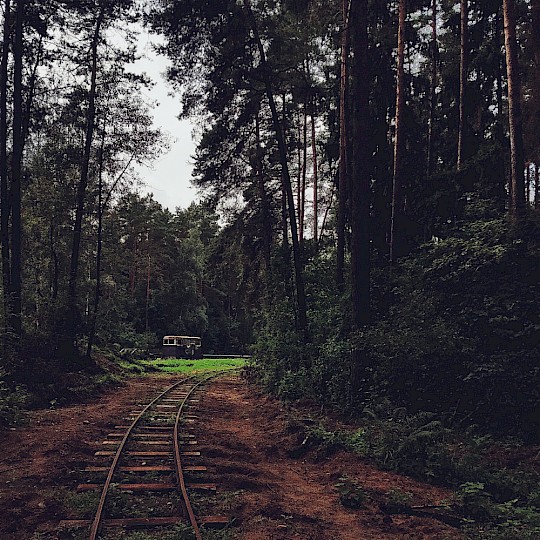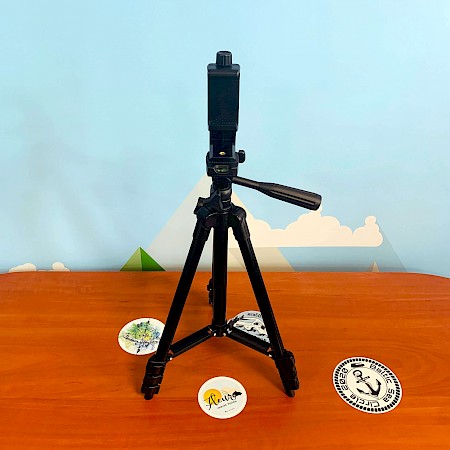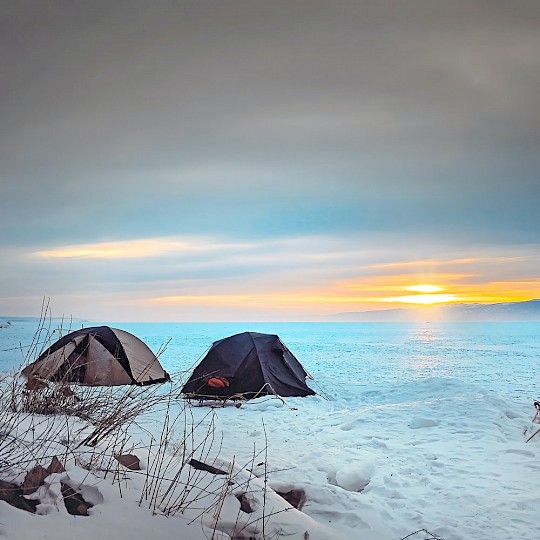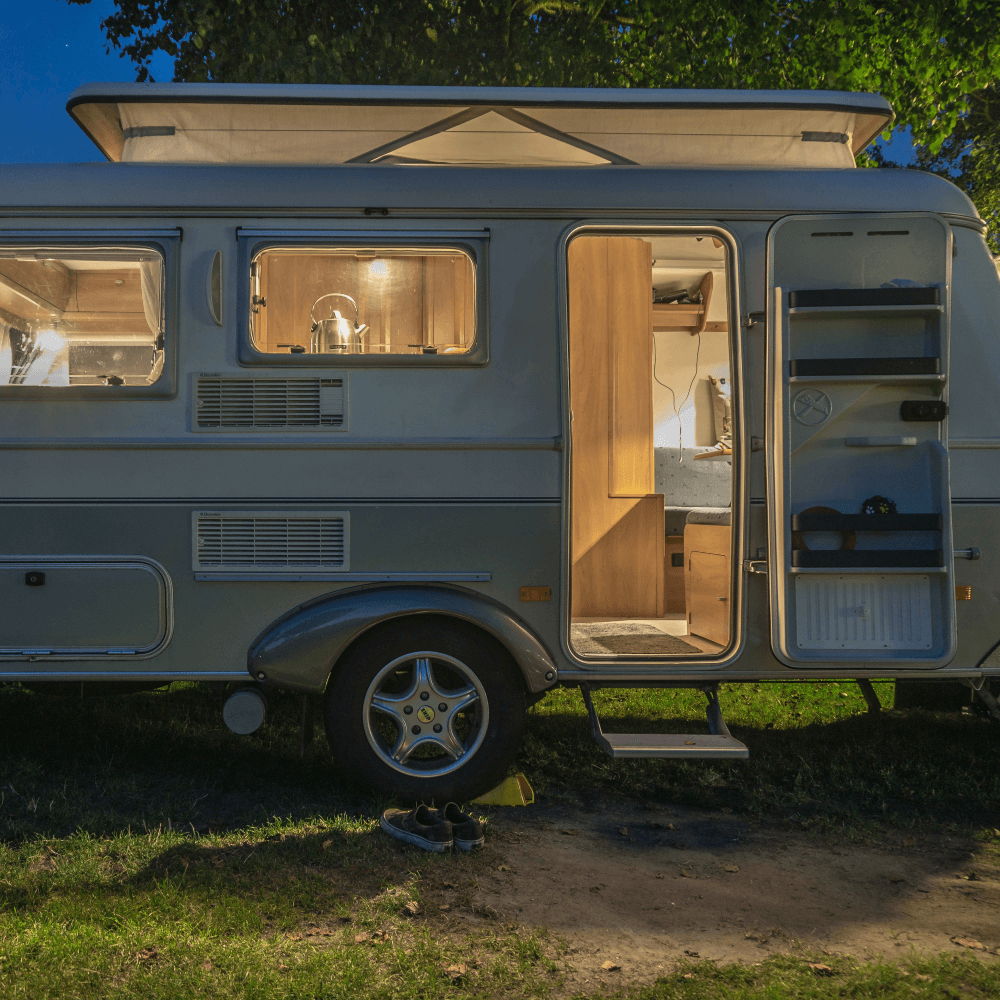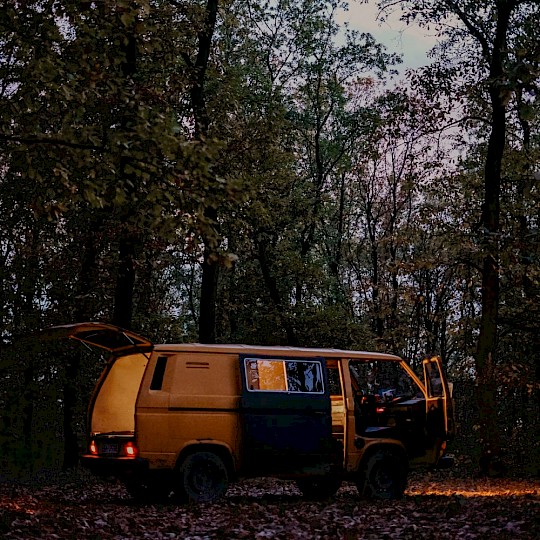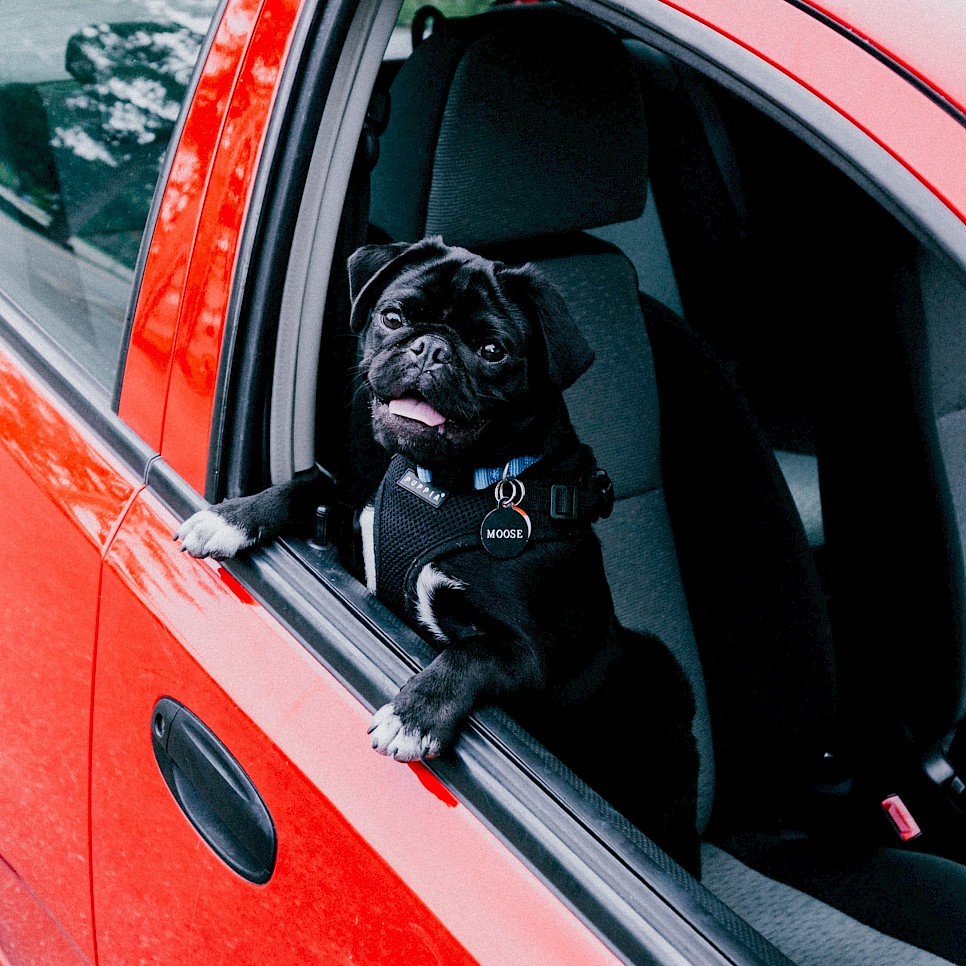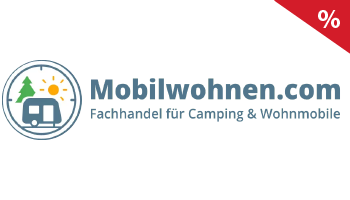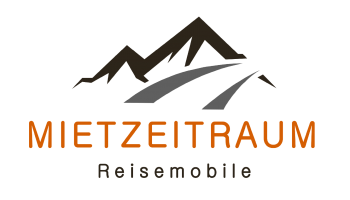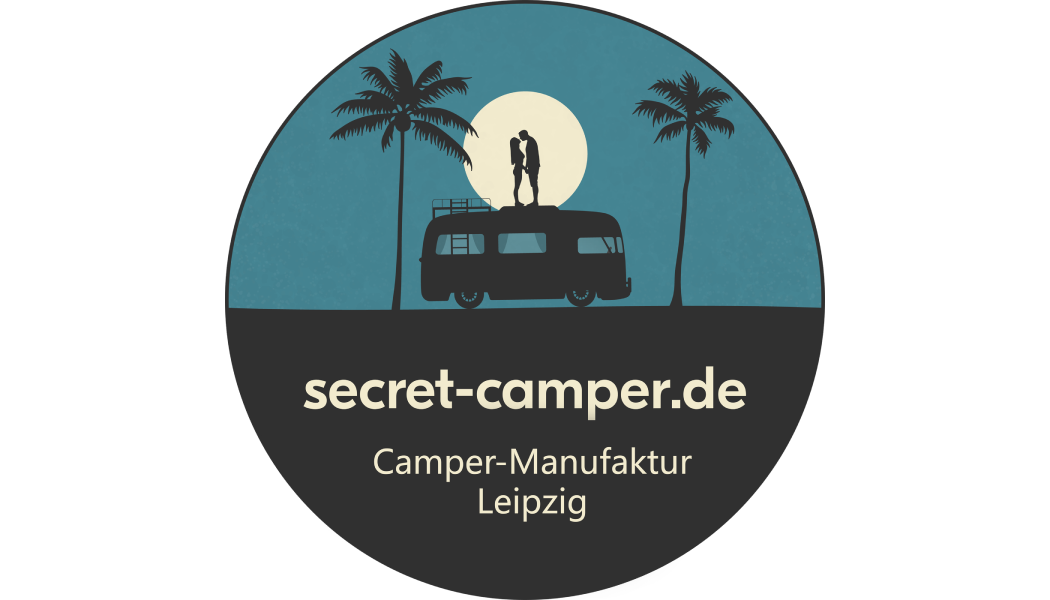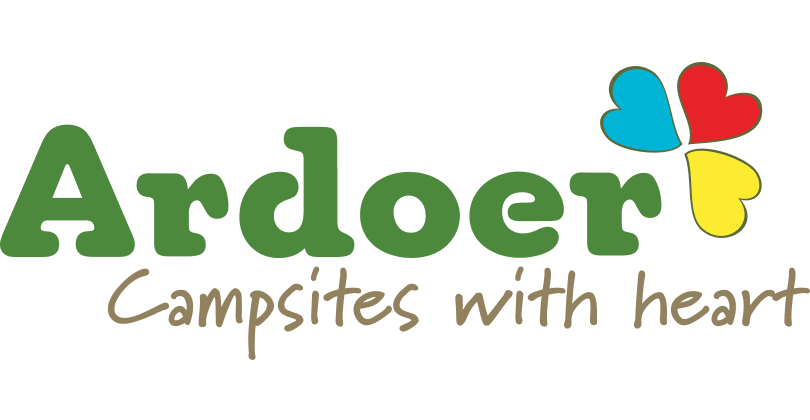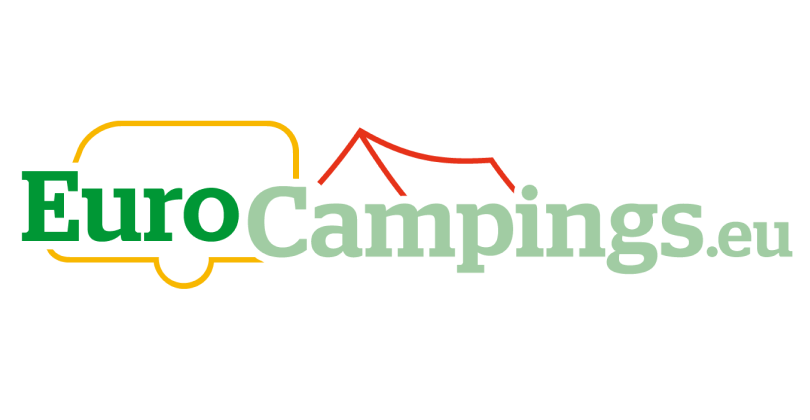Fact #1 - Llanfairpwllgwyngyllgogerychwyrndrobwllantysiliogogogoch
That's the name of a small village in Wales. With 58 letters it is the longest place name in Europe. The short form is Llanfair PG.
Fact #2 - Mount Everest
Mount Everest was named after the Welsh George Everest, who was the leader of the trigonometric survey of India.
Fact #3 - Mud snorkeling
When snorkeling in mud you have to snorkel with flippers through a 55 m long moor ditch. But swimming is forbidden.
Fact #4 - Population
Wales has about 3 million inhabitants, but 12 million sheep. So you will probably meet a sheep rather than a person during your journey.
Fact#5 - Ace of Spades
"Ace of Spades" by Motörhead is sung by a children's choir in Anglesey secondary school in honor of Lemmy Kilmister. It was the last school he attended.
Fact #6 - Merlin comes from Wales
The mythical wizard is probably based on one of two persons: Myrddin Emrys or Myrddin Lailoken. Both are said to come from Wales.
Fact #7 - Castles
Wales is said to have more castles per square kilometer than any other country in the world. So there is a lot to explore.
Fact #8 -Corgis
Corgis come from Wales and are called Welsh Corgi Cardigan. It comes from the Welsh word cor-ci, which means dwarf dog.
Fact #9 - The Union Jack
Although Wales is part of the United Kingdom of Great Britain and Northern Ireland, it is the only Member State not to be represented in the Union Jack.
Fact #10 - Jack Daniels comes from Wales
The founder of the Jack Daniels distillery comes from Wales, from where exactly is not known since many documents of the enterprise were destroyed in a fire.






